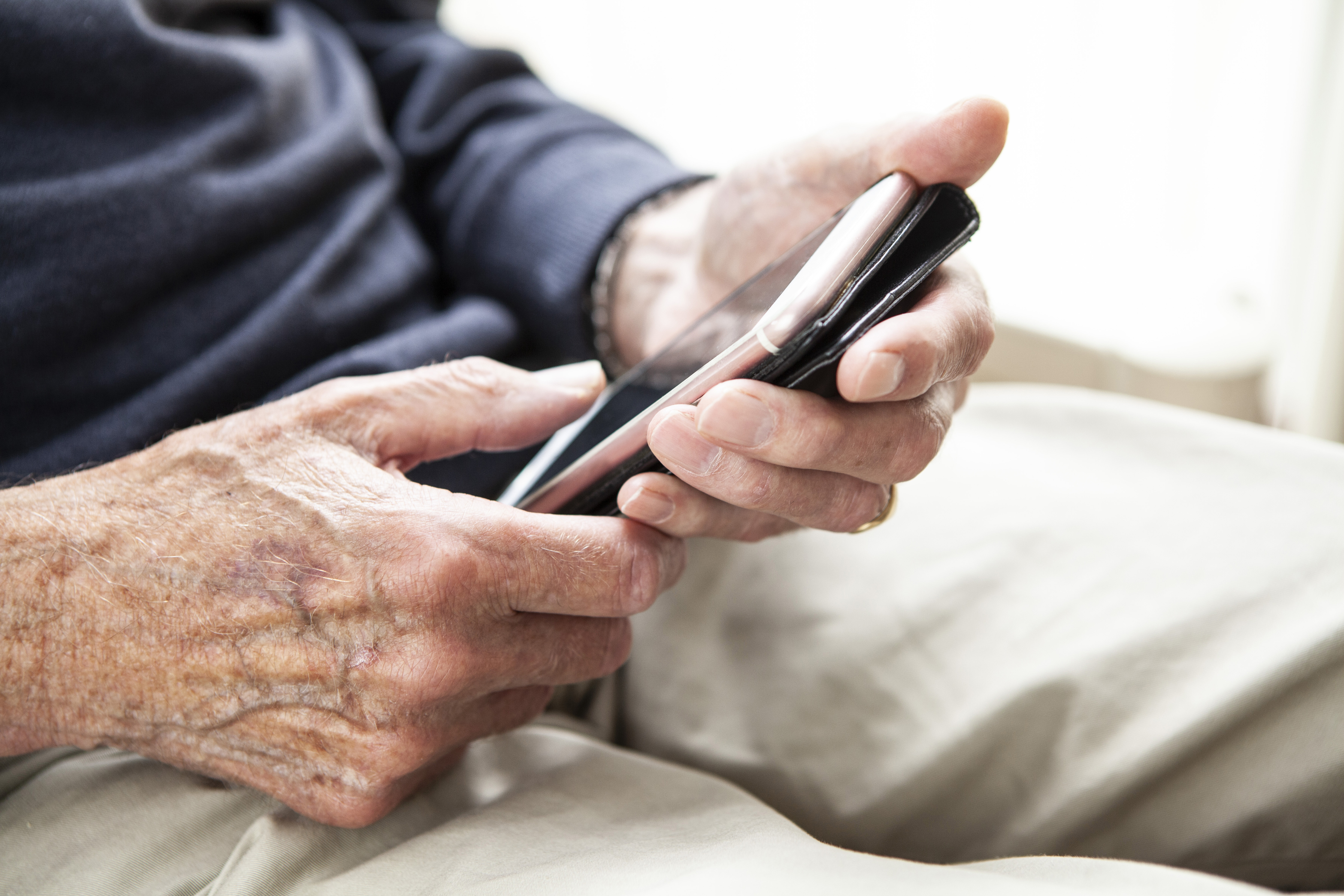
AUSTIN, Texas – A series of simple phone calls holds promise in helping to curb symptoms of depression, according to a study from Dell Medical School at The University of Texas at Austin, published today in the journal Psychiatric Services.
Known as “Sunshine Calls,” the four-week program was conducted as a randomized controlled trial of 240 mostly homebound, older adults. Participants who suffered from depressive symptoms at the beginning of the program experienced improvements in loneliness and depression. Researchers used a standardized measurement scale for depression to show that depressive symptoms dropped from an average of 13 down to 9. A score of 10 and above signifies symptoms of clinical depression.
The study adds to a growing area of research and innovation focused on alternate models for delivering mental health support. It further underscores the need to expand the workforce while advancing existing health systems to pay for new kinds of effective solutions.
“The high incidence of depression and loneliness in the U.S., combined with an extraordinary shortage of mental health professionals, means we need effective, affordable solutions to care in America,” said study author Maninder “Mini” Kahlon, Ph.D., Associate Professor of population health at Dell Med.
A 2016 U.S. Department of Health and Human Services report projects the workforce will need 10,000 mental health professionals by 2025.
“This is a low cost, minimally invasive method that builds on our essential need for human connection. It’s as simple as that,” said Kahlon.
Study participants were Meals on Wheels America clients, about half of whom lived alone, and 58 who suffered from depression. The phone calls were made by people who were not health care professionals but had undergone a brief training about how to listen and ask questions and learn as much as they could about the person they were calling. The researchers measured depression levels using a standardized questionnaire, the PHQ-9. Participants received one call each weekday during the first week and were given the choice to cut back the phone call frequency to two or three times weekly thereafter.
The Sunshine Calls program was developed by Factor Health, an initiative of Dell Med and the Episcopal Health Foundation, in collaboration with Meals on Wheels Central Texas. Factor Health tests and builds programs at scale to deliver health outside of traditional settings such as clinics and hospitals.